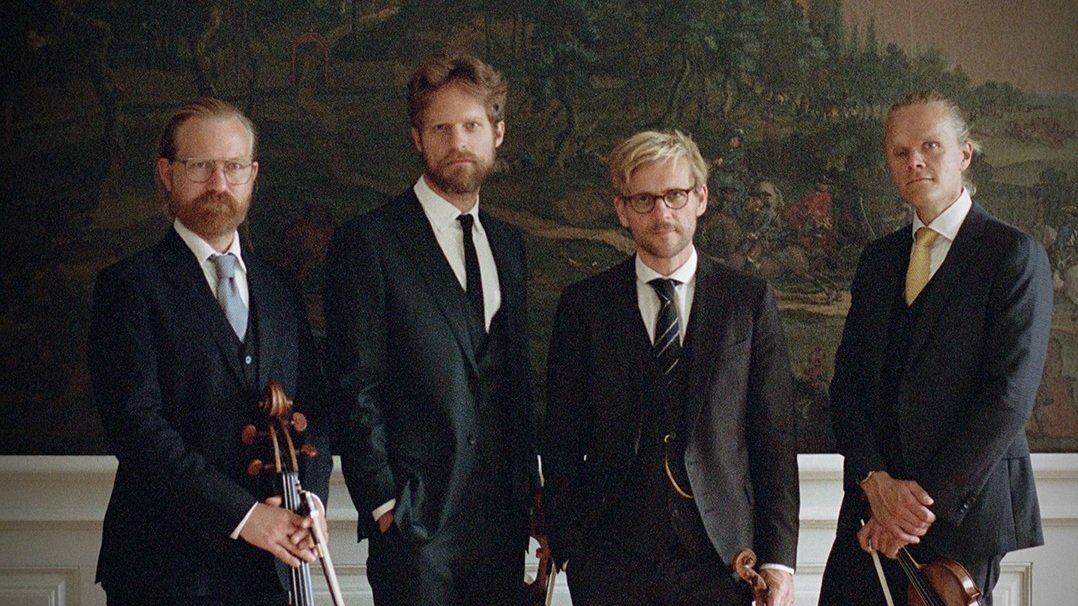Danish String Quartet: From Humble Beginnings to Global Acclaim

Danish String Quartet
It's easy to think musicians like those in the Danish String Quartet come together with dreams of playing in big concert halls and recording their takes on the popular quartets of Mozart, Beethoven, and Brahms. But as I learned in a recent conversation with two of the quartet's founding members — violinist Frederik Øland and violist Asbjørn Nørgaard — becoming a world-famous quartet was never part of their plan.
"When we started off, we had no thoughts of becoming a professional quartet," Frederik shared. "We were just four friends who wanted to hang out, and music was our common interest. So we've never been good at setting goals or ambitions. We're not as good at thinking about where we'll be in 10 years as just enjoying the moment we're in."
"People have the idea that a career in music is very linear, very logical," Asbjørn added. "But actually it's quite messy. You jump from one point to the other."
While some of those jumps were small, others proved pivotal to the quartet's development — like winning the London International String Quartet Competition in 2009. Gaining such recognition forced these four musicians to realize their full potential.
"We were joined by our Norwegian cellist only a month before [the competition], so we didn't expect too much," Asbjørn said. "But we were lucky enough to actually win. From that point we started to perceive ourselves as a grown-up quartet, and we had to start behaving that way. It had a huge impact on the way we worked, performed, and simply spent time together."
Fast-forward 15 years and the Danish String Quartet has become more than just a "grown-up quartet," it's one of the most celebrated chamber ensembles in the world, whose dynamic programming — a mix of popular and lesser-known classical works alongside folk music from northern Europe — has resulted in sold-out performances around the globe, as well as a slate of critically acclaimed albums on ECM Records.
The multifaceted career these artists have cultivated, one based not on world domination but on living simply in the joy of making music, is exactly how they'd like to be remembered in the future.
"There are so many good string quartets that play Beethoven and Mozart and Shostakovich — they're hard to compete with, and I'm not sure we even want to," Frederik said. "A good way to be remembered is that, with our weird programming mixing classical with folk music, we showed that a string quartet can be whatever you want it to be. It can fit into a living room with 50 people or a big concert hall with 1,000 people — it all depends on what you do with it. I think that's a really lovely thing."
The Danish String Quartet's new album, Keel Road — a collection of folk music from the British Isles — will be released in August. Next month, the quartet heads to the United States for performances in three Colorado cities: Aspen, Steamboat Springs, and Boulder.
Follow the Classical Post podcast on Apple Podcasts, Spotify, or other platforms.






























